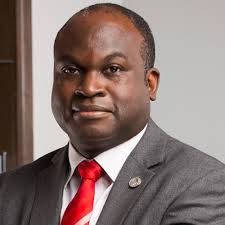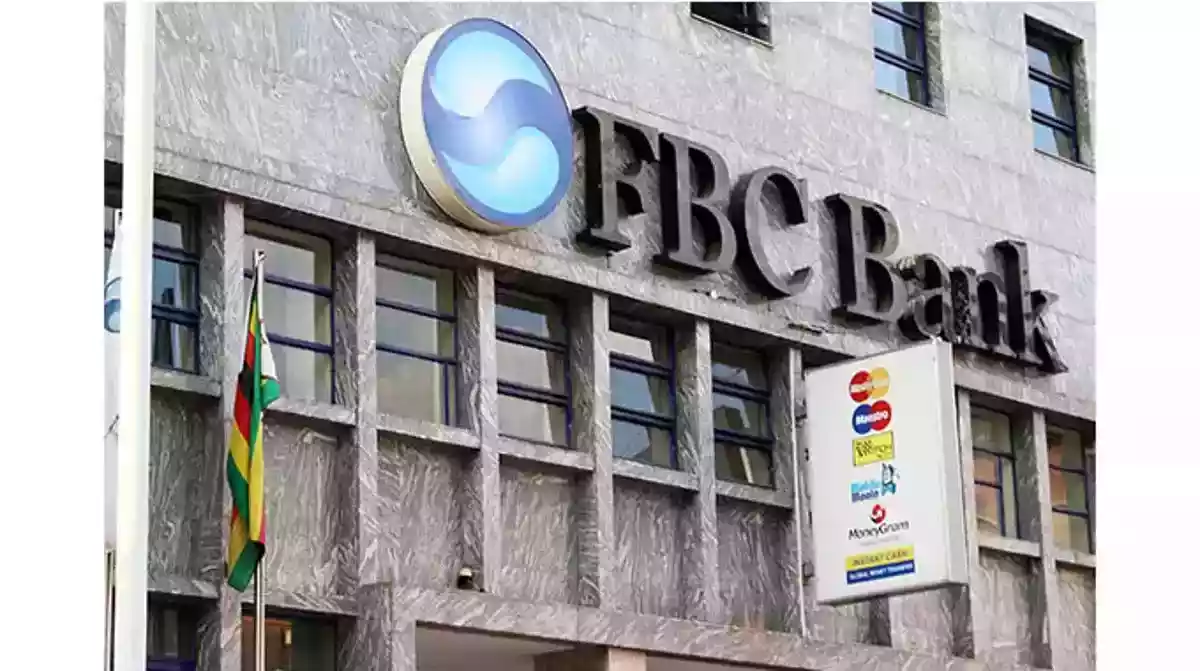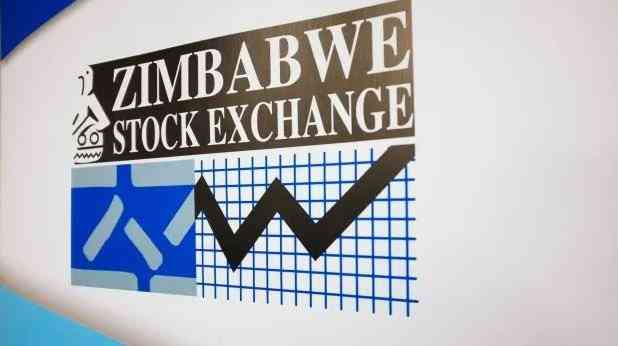
THE Eastern and Southern African Trade and Development Bank Group (TDB) has deployed hundreds of millions of United States dollars to Zimbabwe across various sectors, with a focus on long-term projects.
This week, the group extended a US$20 million revolving line of credit to CBZ Bank Limited, aimed at supporting eligible customers in the export sectors.
TDB is among several development banks that have recently targeted Zimbabwe’s private sector for on-lending facilities, addressing the limited access to funding within the domestic market.
A TDB executive revealed to the Zimbabwe Independent that the group’s local clients primarily consisted of banking institutions and other private sector players.
As of last year, TDB was owed approximately US$706 million by the Reserve Bank of Zimbabwe, according to Treasury statistics.
In an interview with businessdigest on the sidelines of the signing ceremony for the CBZ line of credit, TDB chief executive officer Michael Awori said the group had a long-standing relationship with CBZ, dating back to 2007.
He said TBD had also supported other banks with working capital.
“As I mentioned, for CBZ, it goes back to 2007,” he said.
- NMBZ total assets up 32,7%
- Trade bank outlines Zim strategy
- CBZ raises US$115 million in credit lines
Keep Reading
“The most recent one (line of credit) is US$20 million. So, over the course of those nearly 20 years, it is about US$200 million that will be in CBZ for various underlying transactions.
“Apart from CBZ, we have supported a number of other banks here within Zimbabwe.
“In the private sector, we have supported a number of corporations.”
Awori said they were also planning to work with CBZ Holdings on a project in the mining sector.
While he did not disclose the total amount of credit lines disbursed to Zimbabwe, he emphasised that the group had injected substantial capital into the local economy
“But, you could calculate the numbers. You could just think, if for one client over nearly 20 years it is US$200 million, and we have a number of clients in the banking sector, plus the private sector. We have certainly deployed hundreds of millions of dollars to the Zimbabwe economy over the years,” Awori said.
Regarding repayment rates, Awori stated that TDB had maintained a strong portfolio in Zimbabwe, with repayment rates meeting expectations.
He explained that the tenure of the credit lines varied based on the specific needs of the clients.
“Because they could do short-term trade finance, the tenure could be 90 days. If we are providing capital expenditure for equipment, then it could be seven years, 10 years,” Awori stated.
“I think the one we are looking at now is probably 15 years. So, it really depends on the underlying need that we are funding.”
He acknowledged the challenges TDB has encountered in Zimbabwe but emphasised that these difficulties were not unique to the country.
“Just like with any other sector, it is about… sustainability. Is it really built for the long term? Has the company re-analysed the market position that they are seeking to serve?,” Awori queried.
“And do they have enough cushioning within their operations to survive economic shocks?
“Any economy, the world over, will have shocks, cost of money going up, inflation, and so on, those challenges are (not) unique to Zimbabwe.
Looking ahead, Awori revealed plans for a US$20 million line of credit to support a solar power project in Zimbabwe.
However, he did not provide further details, indicating that more information would be shared once the project is finalised.











